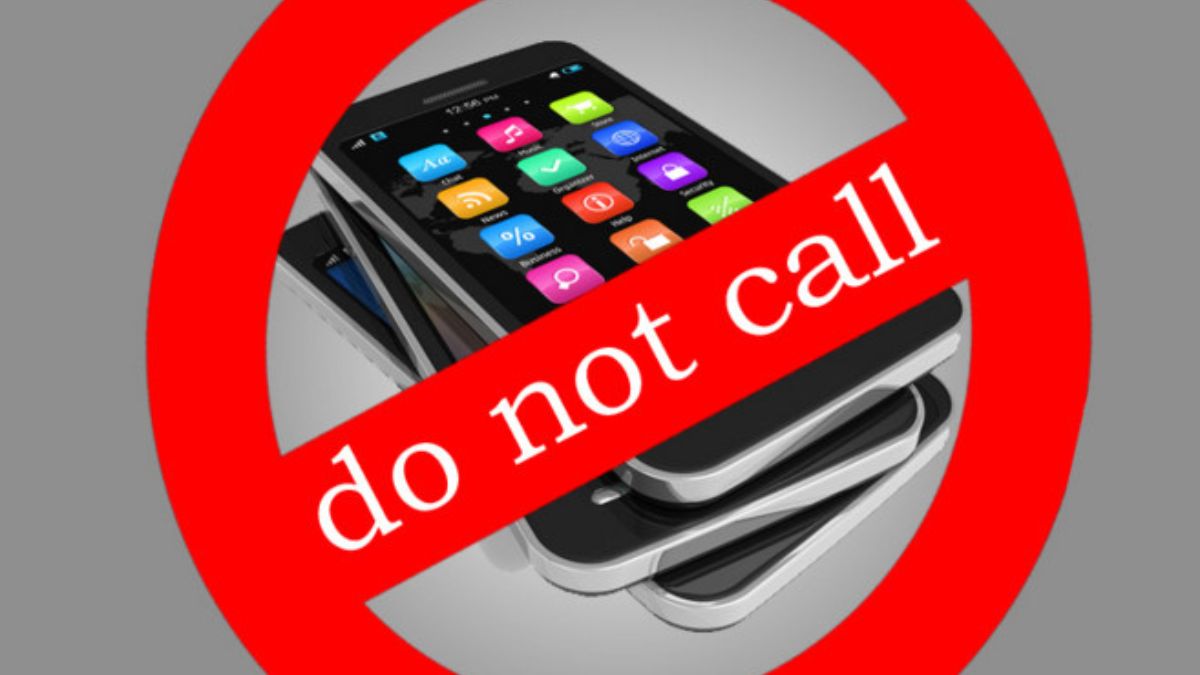Despite placing your number on the national and state Do Not Call lists, you may still be inundated with unwanted calls. This persistent issue stems from several key factors that undermine the effectiveness of these registries, primarily aimed at blocking legitimate telemarketers rather than illegal scammers.
The National Do Not Call Registry is designed to protect consumers from unsolicited sales calls. However, its reach is limited. Scammers, who frequently operate outside legal boundaries, often disregard these regulations. They use sophisticated tactics like spoofing phone numbers—making it appear as though calls are coming from trusted sources—or purchasing phone numbers on the dark web to target individuals regardless of their registry status.
Several types of calls are exempt from the Do Not Call regulations, including those from political organizations, charities, and companies with which you have an existing business relationship. Scammers exploiting these exemptions may use deceptive tactics to appear as though their calls are exempt.
While the Do Not Call list is a useful tool, it is not a catch-all solution for preventing unwanted calls. Here are additional strategies to further protect yourself from scammers:
- Invest in Personal Data Removal Services: These services help monitor and remove your personal data from the internet. Although no service can guarantee complete removal, they assist in managing and minimizing exposure over time.
- Stay Aware of Data Breaches: Regularly check if websites where you have accounts have experienced breaches. Change your passwords frequently and use a password manager to maintain security.
- Avoid Answering Unknown Numbers: Let unfamiliar calls go to voicemail. This prevents scammers from detecting active phone numbers.
- Utilize Phone Spam Blocker Features: Most smartphones offer built-in features to block spam calls and texts.
- Contact Your Mobile Service Provider: Report unwanted calls to your provider, who may offer additional tools or support to help manage them.
- Never Reply to Unknown Numbers: Avoid calling back or responding to unknown numbers, as this can verify your number to scammers.
- Block and Report: Use your phone’s blocking features and report persistent scam calls to the FTC and your state attorney general.
- Consider Changing Your Phone Number: If calls continue despite your efforts, changing your number might be necessary.
- Consult a Consumer Protection Attorney: For ongoing issues, legal advice can help you explore further options.
- Be Cautious with Personal Information: Always verify the legitimacy of callers before sharing any personal information. Scammers often pose as legitimate entities to obtain sensitive data.
The Do Not Call list is a valuable tool, but effectively combating scammers requires a multi-faceted approach. By combining these strategies, you can better protect yourself from the flood of unwanted calls and texts.


